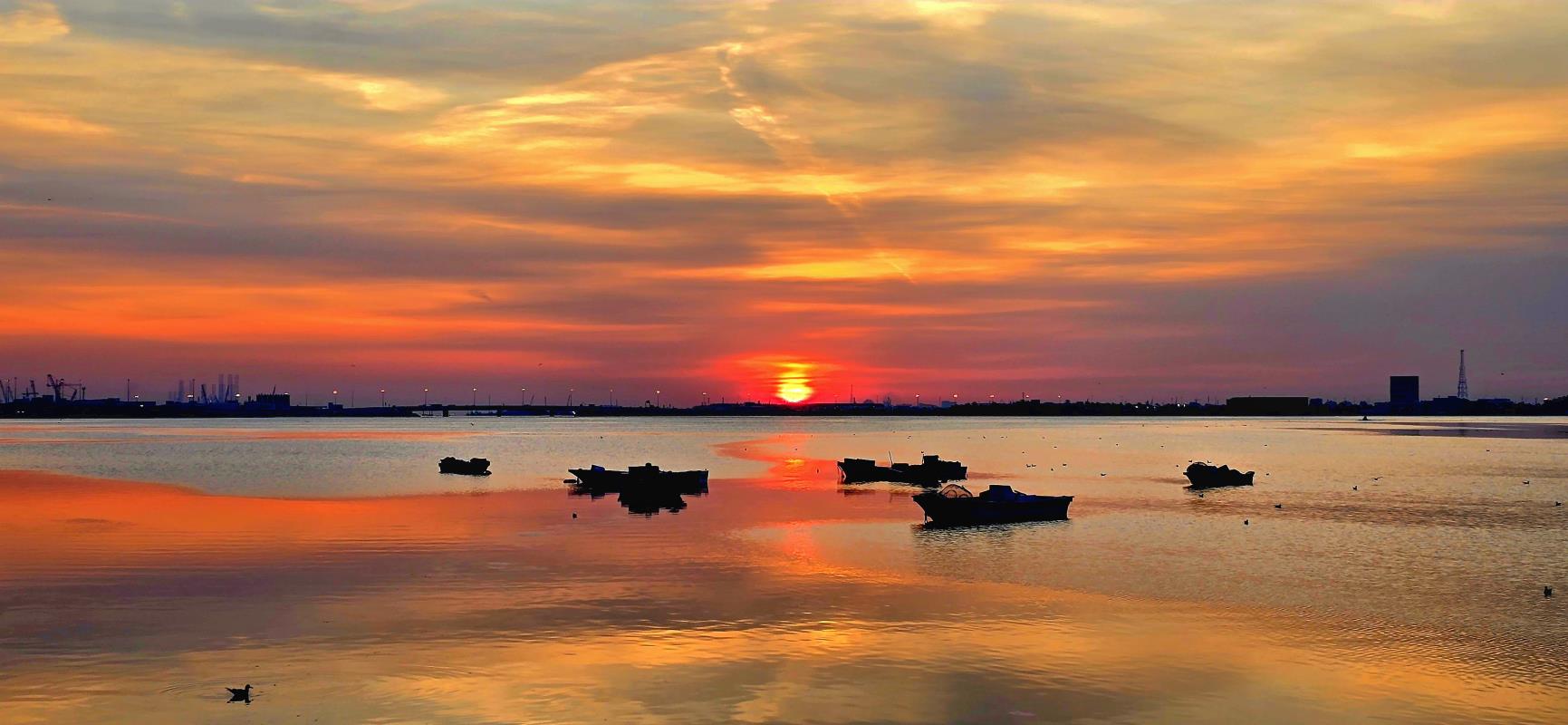
Ten tourist cities in Europe have banded together to ask the European Union to do more in helping them regulate Airbnb. In a joint statement issued Thursday, the cities said the short-term rentals advertised on Airbnb's site are harming their housing markets and driving up the cost of rent. The statement was signed by representatives of Amsterdam; Barcelona, Spain; Berlin; Bordeaux, France; Brussels; Krakow, Poland; Munich; Paris; Valencia, Spain; and Vienna.
"Where homes can be used more lucratively for renting out to tourists, they disappear from the traditional housing market, prices are driven up even further and housing of citizens who live and work in our cities is hampered," the joint statement reads. "European cities believe that homes should be used first and foremost for living in."
The joint statement was prompted by a nonbinding opinion issued by the advocate general of the European Court of Justice in April. The opinion said Airbnb should be classified as a technology platform, rather than an accommodation provider. This could mean that Airbnb wouldn't necessarily have to abide by the same laws that govern bed and breakfasts, hotels and other vacation rentals. The opinion has yet to be confirmed by the court.
Airbnb has more than 6 million listings in more than 191 countries (almost every country on earth) and is in nearly 100,000 cities. That's more listings than the top five hotel chains combined. But Airbnb has faced lawsuits and strict regulations in many of those major cities around the world. Along with the 10 European cities, US cities, like New York, San Francisco, New Orleans and Los Angeles, have also battled the company over regulations and data sharing.
Critics say Airbnb has contributed to the housing crunch by prompting landlords to take rental units off the market to capitalize on short-term rentals. The company has also been accused of not doing enough to help cities fight "bad actors" who illegally rent out several homes on the website.
Airbnb says its intent is to be "good partners to cities."
"The opinion of the Advocate General provides a clear overview of what rules apply to collaborative economy platforms like Airbnb and how these rules help create opportunities for consumers," an Airbnb spokesman said in an email. "We have worked with more than 500 governments around the world on measures to help hosts share their homes, follow the rules and pay their fair share of tax. As we move forward, we want to continue working with everyone to put locals at the heart of sustainable 21st century travel."
In their joint statement, the 10 European cities said every city is different and that the European Court of Justice shouldn't apply one blanket opinion to all of them. They stressed the importance of local governments being able to introduce their own Airbnb regulations.
"One thing must be clear: A carte blanche for holiday rental platforms is not the solution," the statement reads. "Cities must protect the public interest and eliminate the adverse effects of short term holiday rental in various ways. More nuisances, feelings of insecurity and a 'touristification' of their neighbourhoods is not what our residents want."














































































